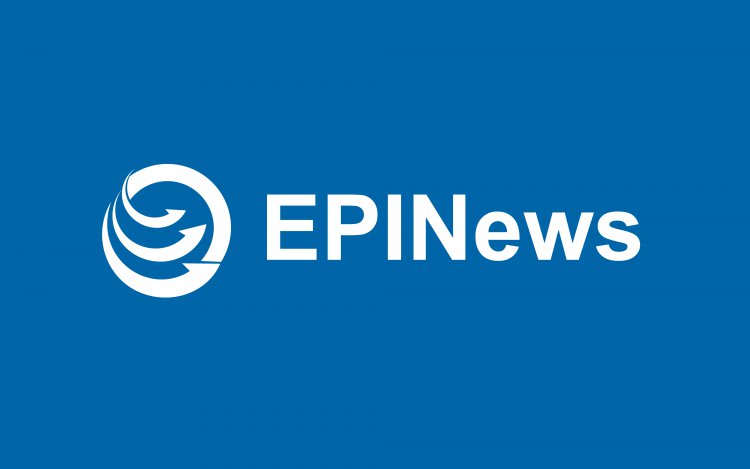
This report summarises qualitative research with mothers, families, and key influencers in Afghanistan. It sought to understand their access to information, knowledge, attitudes and practices on WASH, nutrition and maternal and child health. The aim; to identify Afghans' information needs, the barriers and enablers to accessing services and adopting practices, and the key issues for communication to address. The data was collected between December 2023 and February 2024 in seven provinces across Afghanistan.
Our findings
Participants demonstrated a limited understanding of when and how to treat water to make it safe to drink, and limited knowledge of sanitary methods of disposing of household waste and rubbish. While these people have first-hand experience of the various illnesses caused by drinking unsafe water and unsanitary practices, they lack awareness of other options or solutions. Good handwashing and menstrual hygiene practices were also hindered by the limited availability of facilities and materials (such as soap).
Findings showed that knowledge around ideal nutrition for newborns, children under five and pregnant and lactating women is prone to distortion by traditional beliefs. This can lead to some potentially harmful practices, such as giving newborn babies animal fat alongside colostrum, and supplementing breastmilk with herbal medicines. While respondents can list nutritious foods that mothers and children under five should consume, in practice it is budget, rather than need, that dictates the type of food that is available to the household. While participants were aware of the benefits of institutional delivery, those living in remote areas often choose to give birth at home, partly because of accessibility issues, but also because of prevalent attitudes and social norms.
Many of the perceived barriers to people accessing and availing WASH, nutrition and MCH services are largely consistent. Key informants and participants reported that the overarching barriers are the lack of access to clinics, hospitals and services; financial constraints; lack of knowledge and awareness; unhelpful social norms and traditional practices; and a lack of availability of essential medicines and hygiene materials.